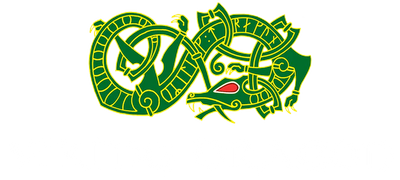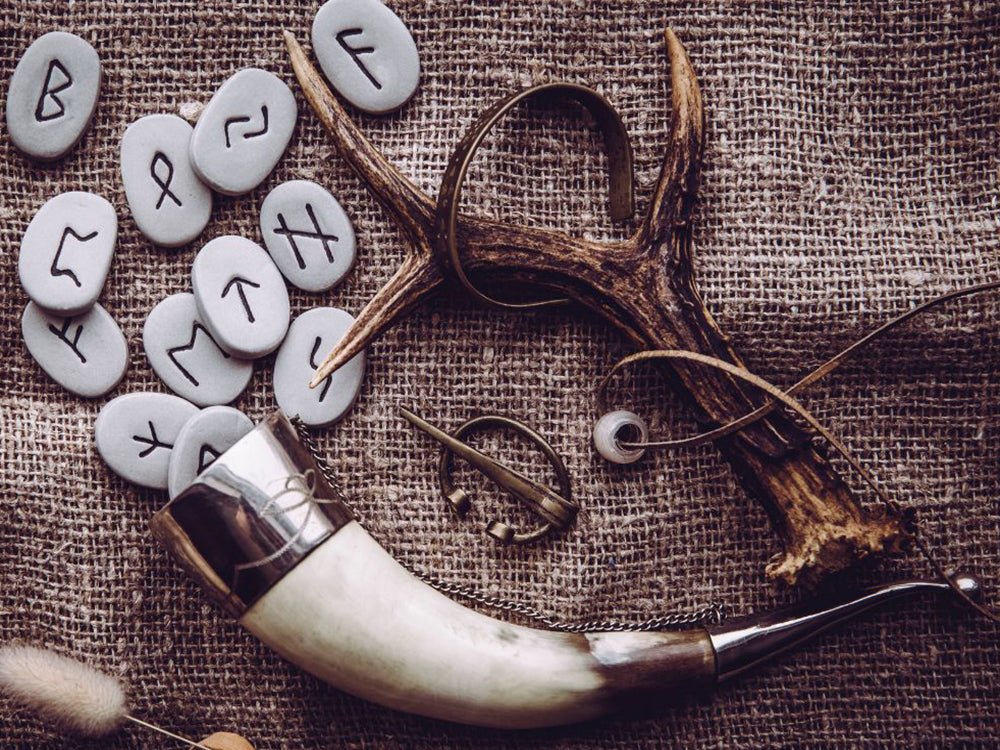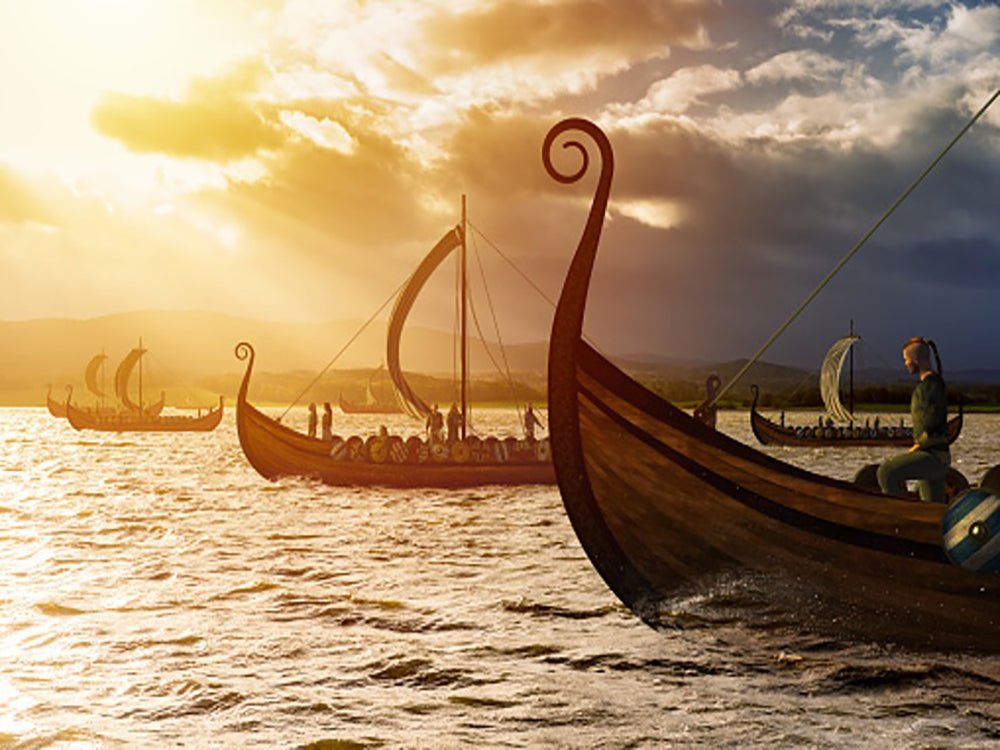
From academia to pop culture, many of us refer to all men, women and children from 8th to 11th century Scandinavia as ‘Vikings,’ whether they are the vicious warriors from The Last Kingdom or the peaceful villagers from How to Train your Dragon. While that’s how the term is often used today, the original meaning of the word was quite different. Derived from the Old Norse words Víkingr and Víking, which are usually translated as ‘raider’ and ‘to raid’, the modern term with which we describe an entire civilisation comes from the word for a specific job and activity which was just one part of Medieval Nordic society. This evolution in language has sparked a heated debate around how we should use the word ‘Viking,’ and whether it can really be applied in the broad strokes with which it is often used today.
Víkingr and Víking in Old Norse
To decide how we should use the term Viking today, many people look back at the two words from which the modern term is derived. The first of these, Víkingr, describes a person who takes part in expeditions, usually overseas, with other Víkingar, and is most often translated as ‘raider’ or ‘pirate.’ The corresponding noun, Víking, is what a Víkingr does, and is therefore logically translated as ‘to raid.’ It’s worth noting that some scholars find these translations too restrictive, arguing that Víkingar may well have taken part in other activities than just raiding and pillaging when they travelled abroad, and thus they shouldn’t be essentialised to just pirates.

We start to see the words Víkingr and Víking on runestones and in poetry from around the 10th century, though it’s not clear exactly where the term came from. Many scholars suggest they come from the word Vík, meaning ‘bay.’ This is a very common root word in Old Norse which also gives us Vika (a sea mile) or Víkja (to travel by sea). Others argue that the two words stem from Vík’s other meaning, that being a region in Norway. Linguists in this camp believe that Víkingr originally described people from Norway, making it closer to the modern use of the word ‘Viking’ as a societal group. There are some obvious problems with this theory though, since Víkingr didn’t just come from one specific area of Western Norway and the word can be found on inscriptions from all over Scandinavia.

From Víking to Viking
When the word Víkingr first came into use it didn’t seem to carry any kind of positive or negative connotation and was used as a kind of job description. It was not until the 14th and 15th centuries that the more pejorative meaning evolved. In Icelandic sagas, Víkingar are usually ill-tempered pirates who must be suppressed by Scandinavian kings and heroes. From the fact that sagas presented Vikings as menaces to be overcome it’s obvious that Scandinavians of the day would not have referred to themselves as Vikings. Despite sharing a language, culture, and belief system (granted with variations), the region was home to numerous kingdoms that were often at odds with one another. Individuals from one kingdom would not have identified themselves with those from another, and therefore there likely would not have been an umbrella term for all Nordic societies.
So when did ‘Viking’ become an ethnic and cultural marker? Well, to answer that question we need to look at when the word Víkingr made its way into the English language. While Medieval Scandinavians may not have had a single word for themselves, their enemies certainly did. In most sources, the English refer to their foes across the North Sea as ‘Danes,’ whether they came from Denmark or not, but there are also several sources which refer to them as Wiccinga or Wiccingi. When interest in the Vikings skyrocketed in the 18th and 19th centuries, this word was picked back up by historians and novelists, who modernised it as ‘Vikings.’ As opposed to the original Norse meaning, these writers used the term to refer to all aspects of Viking-era Nordic culture, whether that meant raiding and seafaring or gold-work and storytelling.
How should we use the word ‘Viking’ today?
So, should we be calling all Viking-era Scandinavians ‘Vikings,’ or go back to the original Norse meaning? There’s a lot of debate around this question, and no real academic consensus. Those arguing for the use of the word ‘Viking’ say that language naturally evolves, and while the term may have originally referred to raiding, now it’s acceptable to use it for all 8th to 11th-century Scandinavians. Those on the other side of the debate say that the word ‘Viking’ paints the wrong image of Norse society, as it suggests that it was all about raiding, violence and looting on foreign shores.
At the end of the day, how to use the word ‘Viking’ is up to the individual. Now that you’ve been presented with the facts you can decide which side of the argument you fall on. Will you continue to talk about Viking art, Viking folklore and Viking society, or would you prefer to stay true to the Old Norse meanings of Víkingr and Víking?






